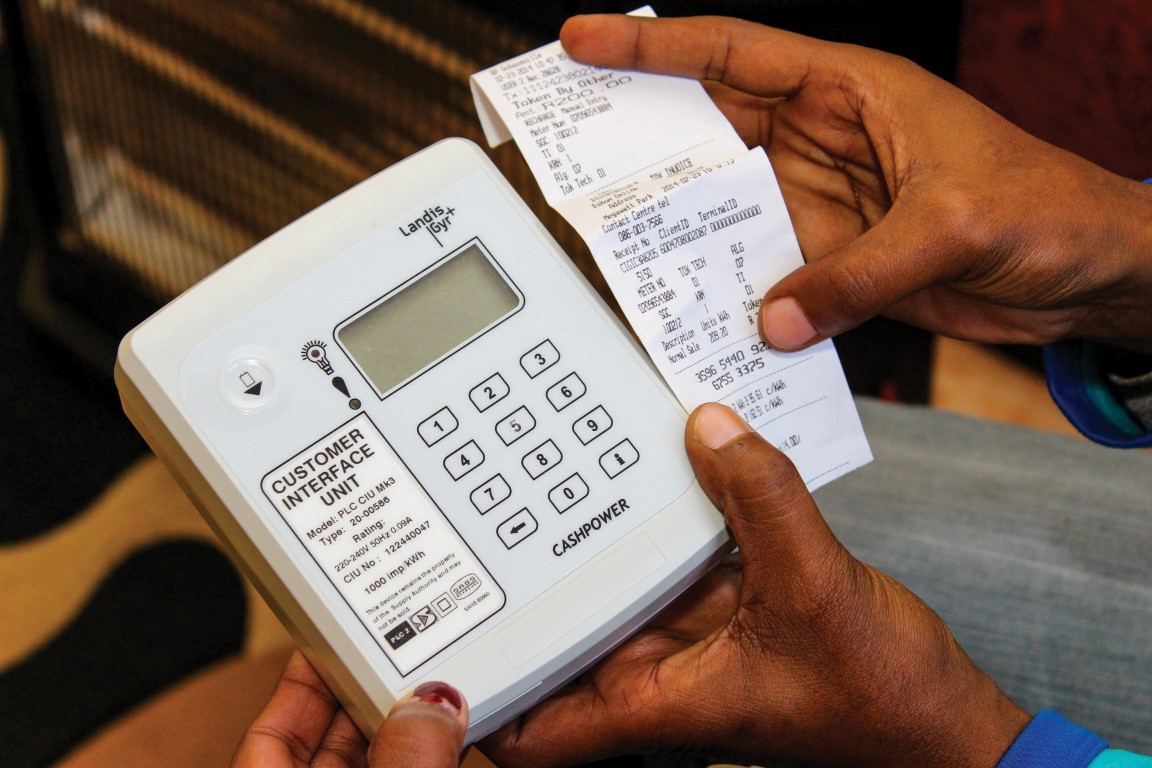SOCIETYEXTRA

ELECTRICITY BILLS NOW HIGHER THAN RENT — BAND A CUSTOMERS SPEAK OUT!
The classification of electricity consumers into various service bands has become a source of distress for many Nigerians, especially low-income earners who now find themselves under Band A.
One of the most pressing concerns is that densely populated, low-income areas have been included in the Band A category, subjecting residents to significantly higher electricity tariffs.
Juliet Samuel, a hairdresser in Dawaki earning less than N100,000 monthly, now spends over N40,000 solely on electricity after being reassigned to Band A.
“My small business is at risk. The electricity bill has nearly doubled, and I’ve asked the Abuja Electricity Distribution Company (AEDC) to remove me from Band A,” she said. “This is unbearable. They’re choking us. Many of us might be forced to bypass the system.”
According to the Nigerian Electricity Regulatory Commission (NERC), the Service-Based Tariff (SBT) provides that Band A customers receive a minimum of 20 hours of power daily. Band B is guaranteed at least 16 hours, Band C gets 12 hours, Band D receives 8 hours, while Band E customers are allocated a minimum of 4 hours. As of July 2024, Band A consumers pay N209.50 per kilowatt-hour, whereas Band B customers pay about N63 per kilowatt-hour.
Alhaji Haiba, a small business owner in the Anointed Garden Avenue area of Dawaki, said his N10,000 electricity credit used to last several weeks before his reassignment to Band A in mid-February. Since then, he’s struggled to keep his ice block business afloat.
“I’m thinking of raising the price of my ice blocks beyond N400,” he said. “The cost of production has almost doubled.” He added that switching to fuel-powered generators is not an option, with Premium Motor Spirit now costing over N900 per litre.
Haiba is one of many individuals and entrepreneurs feeling the financial strain brought on by the tariff restructuring.
Another affected resident, Akpan, said his electricity expenses have doubled since he was moved to Band A.
“This is devastating for someone like me with a low income. I’m constantly cutting back on usage—I turn off lights, fridges, and only charge phones when necessary,” he said. “I’ve had to completely change how I use electricity.”
An AEDC customer service representative in Gwarimpa confirmed that many of the affected customers are connected to a 33kVA feeder line. However, they explained that the Band A classification is not solely based on voltage but rather on the overall level of service delivered.
"This represents a significant development in our ongoing coverage of current events."— Editorial Board









